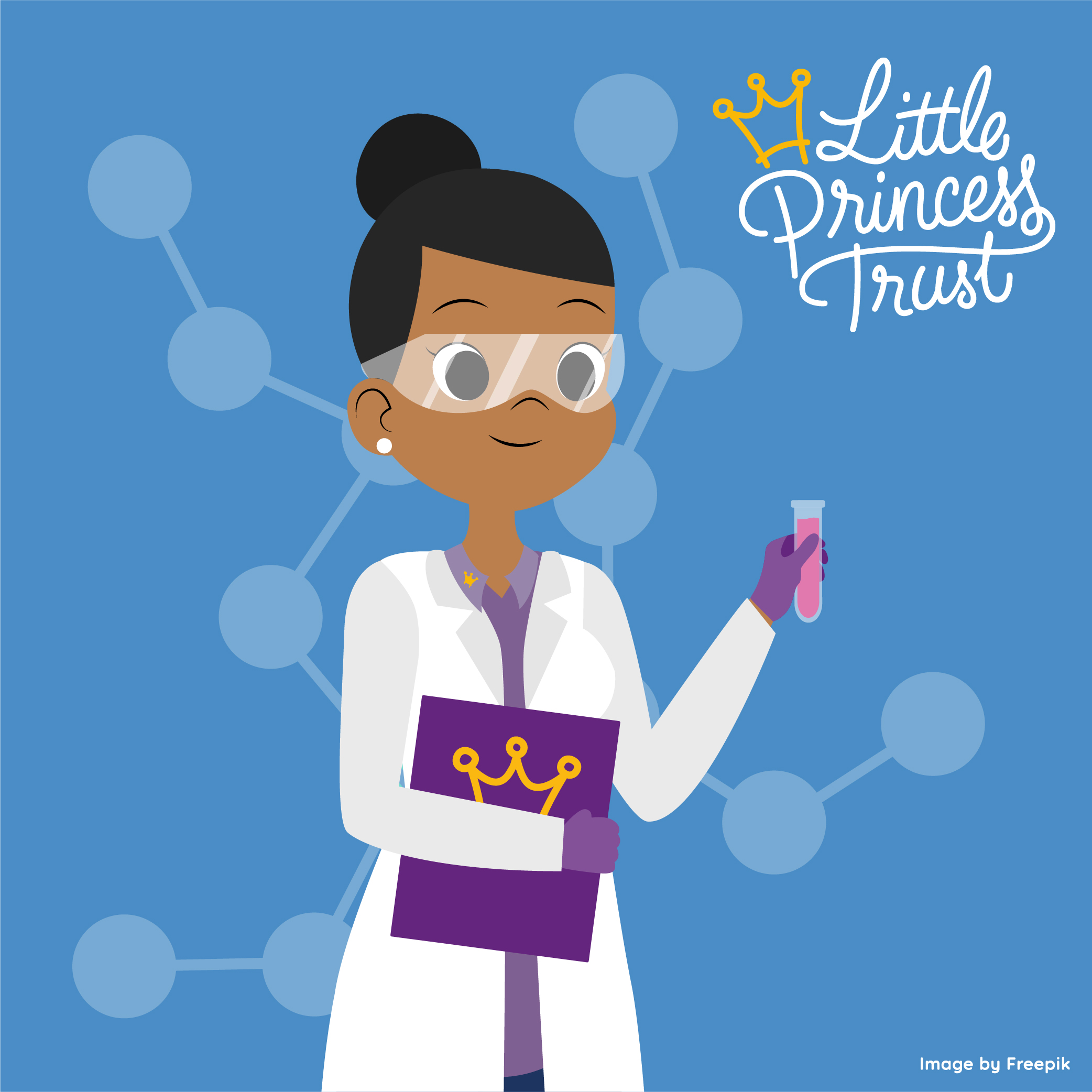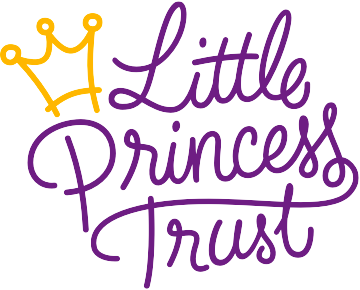Little Princess Trust News
Scientists uncover the ‘Rosetta stone’ of sarcoma research

Hopes that work funded by LPT will help to personalise treatment for patients
Work funded by The Little Princess Trust has formed part of the first and largest encyclopaedia of protein alterations in soft tissue sarcomas – opening the door to a new era of understanding and treatment for this group of rare cancers, which account for around 4,000 cases in the UK each year.
Building on funding from eight different charities, including LPT, this pioneering encyclopaedia of sarcoma biology compiles a wealth of information that could help untangle the protein changes driving sarcomas’ growth, spread and survival.
The findings, published in Nature Communications, will allow researchers to tap into the potential of immunotherapy in this cancer type. It could also identify people at higher risk of relapse and provide new ways to personalise treatments.
The encyclopaedia, developed by a team of researchers and clinicians led by The Institute of Cancer Research, London, comprises data from 321 people – including children, teenagers and adults – with 11 different types of sarcoma tumours. Some patients with sarcoma currently face limited treatment options.
Researchers looked at patient samples to uncover the ‘proteomic profile’ of the sarcoma tumours. These proteomic profiles are snapshots of all the different proteins in different tumours, which help researchers better understand how the proteins are functioning and driving them.
Since most approved cancer drugs work by targeting proteins, understanding more about the proteins driving sarcoma could lead to new targeted drugs.
The new insights have also uncovered new immunotherapy targets, including proteins involved in the complement cascade – a key part of our innate immune system. The new targets could ultimately lead to new ways of treating “immune cold” sarcomas, which are not properly recognised by the immune system and do not respond well to current immune checkpoint drugs.
_8.jpg)
The encyclopaedia has also allowed researchers to identify proteins that can be measured to help predict which tumours are particularly high-risk and aggressive. This could, in the future, pave the way for more tailored treatment for individuals, for example by identifying patients who may benefit from more aggressive treatment.
The researchers were also able to categorise tumours into a series of interconnected biological networks called ‘proteomic modules’. They identified 14 different modules, which can act as ‘signatures’, or clues, that could help researchers and clinicians to better understand tumours, predict outcomes and assess clinical risk to improve patient care.
Our 'encyclopaedia' of protein alterations will help us unravel the complex language of sarcoma tumours.
This ground-breaking research was set up through funding from different charities, including the ICR itself – a research institute as well as a charity – the Sarah Burkeman Trust, Sarcoma UK, Cancer Research UK, The Little Princess Trust in partnership with Children’s Cancer and Leukaemia Group, the Desmoid Tumour Research Foundation, the Sarcoma Foundation of America and The Royal Marsden Cancer Charity.
It can be challenging for researchers to secure the funding needed to deliver a large-scale and comprehensive study of a rare cancer like sarcoma. It was thanks to funding from different charities that this study was possible.
Study leader Dr Paul Huang, Team Leader of the Molecular and Systems Oncology Team at The Institute of Cancer Research, London said: "Our 'encyclopaedia' of protein alterations is a vital resource – a Rosetta Stone of sorts that will help us unravel the complex language of sarcoma tumours.
"This will allow us to explore new avenues of personalised treatment, offering renewed hope for people with sarcoma.
“Our findings hold promise for the development of new targeted treatments and immunotherapies that can disrupt the underlying processes driving sarcoma.
"I am hopeful that this study will lead to improved treatment outcomes and a better quality of life for sarcoma patients.”



